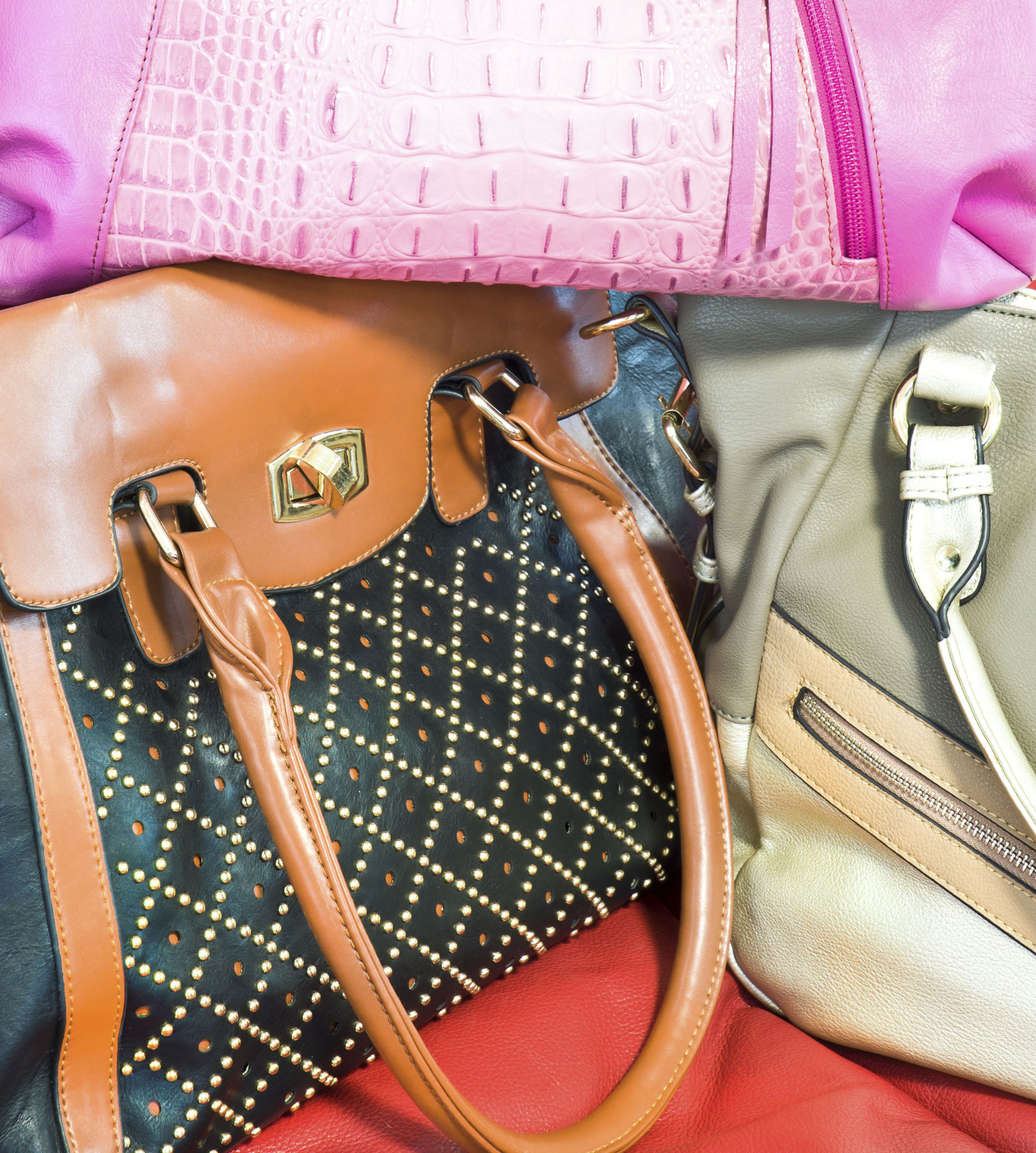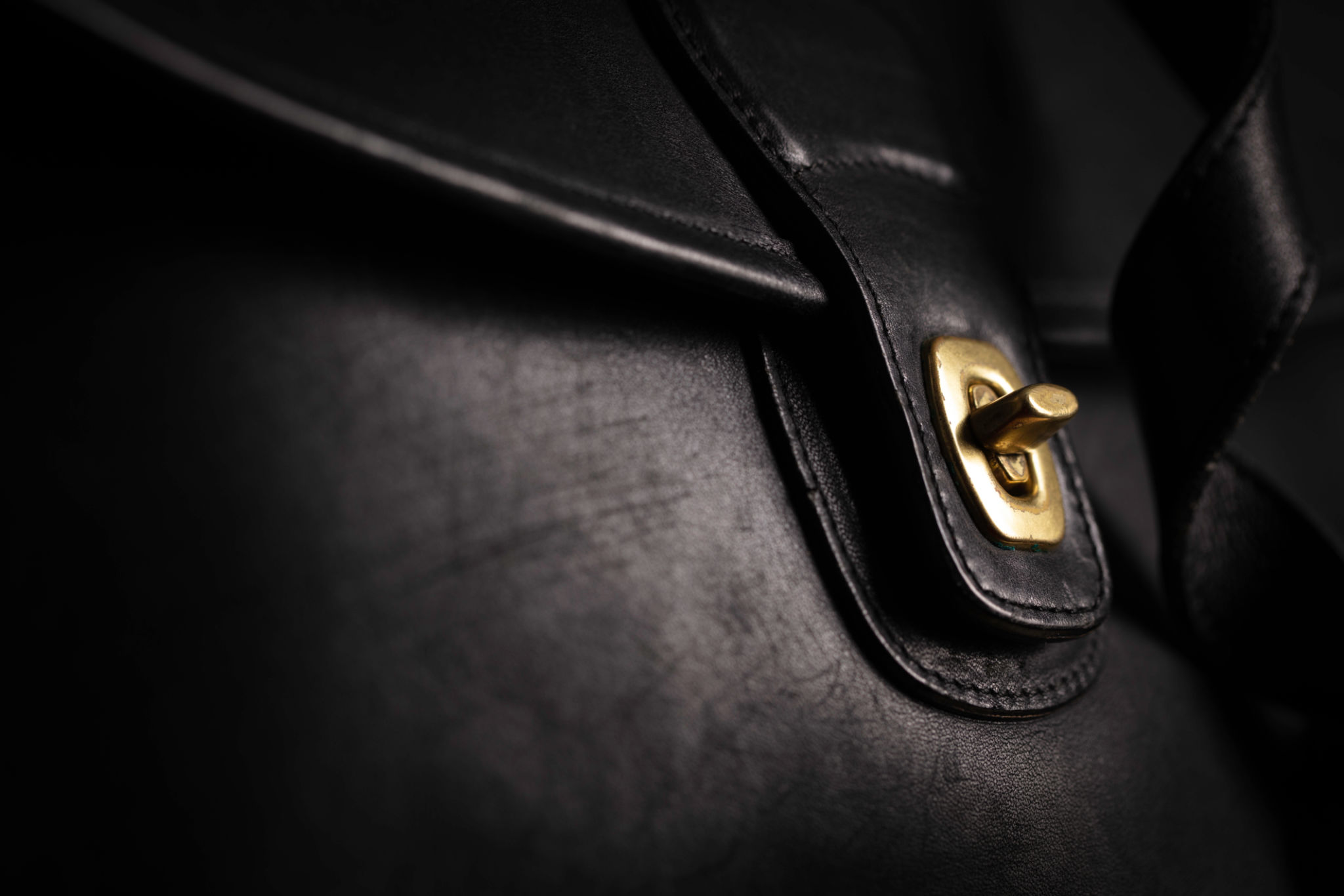How to Spot Authentic Designer Bags: A Comprehensive Guide
Understanding the Importance of Authenticity
Designer bags are more than just accessories; they are symbols of status, style, and craftsmanship. Owning a genuine designer bag can be a significant investment, making it crucial to ensure authenticity. Unfortunately, the market is flooded with counterfeits that can deceive even the most discerning buyers. Learning how to spot these fakes is essential for anyone looking to purchase a designer bag.
Authenticity not only ensures you get what you pay for but also guarantees the quality and durability associated with designer brands. Counterfeit bags often use inferior materials and lack the precision found in authentic versions, leading to quicker wear and tear.

Key Features to Examine
Material Quality
The first sign of a genuine designer bag is the material quality. Authentic bags are made from high-quality materials that look and feel luxurious. Leather should be soft and supple, while hardware should feel solid and have a consistent color and finish. If the materials seem cheap or flimsy, it's likely a fake.
Stitching and Craftsmanship
Another hallmark of an authentic designer bag is impeccable craftsmanship. Examine the stitching closely; it should be even, straight, and without loose threads. Designer brands invest in skilled artisans to ensure that every detail is perfect. Uneven or sloppy stitching is a red flag for counterfeit products.

Brand-Specific Details
Logo and Branding
The logo is one of the most common areas where counterfeiters make mistakes. Authentic bags will have logos that are perfectly aligned, with consistent font and color. Compare the logo on the bag with official images from the brand's website to spot any discrepancies.
Serial Numbers and Authenticity Cards
Most designer bags come with a serial number or authenticity card. These are unique to each item and can often be verified with the brand. Check that the serial number matches any accompanying documentation and look for signs of tampering or re-application.

Research and Verification
Before making a purchase, do thorough research on the specific brand and model you are interested in. Familiarize yourself with its features, including common colors, sizes, and editions. This knowledge will help you identify inconsistencies in potential purchases.
If possible, buy from authorized retailers or directly from the brand's official stores. If purchasing second-hand, use reputable resale platforms that offer authentication services. These steps can significantly reduce the risk of ending up with a counterfeit bag.

Conclusion
Spotting an authentic designer bag requires attention to detail and awareness of brand-specific nuances. By examining material quality, stitching, logos, and serial numbers, you can make informed purchasing decisions. Remember, investing time in research and buying from reputable sources can save you from costly mistakes. With these guidelines in mind, you'll be well-equipped to navigate the world of designer bags confidently.
